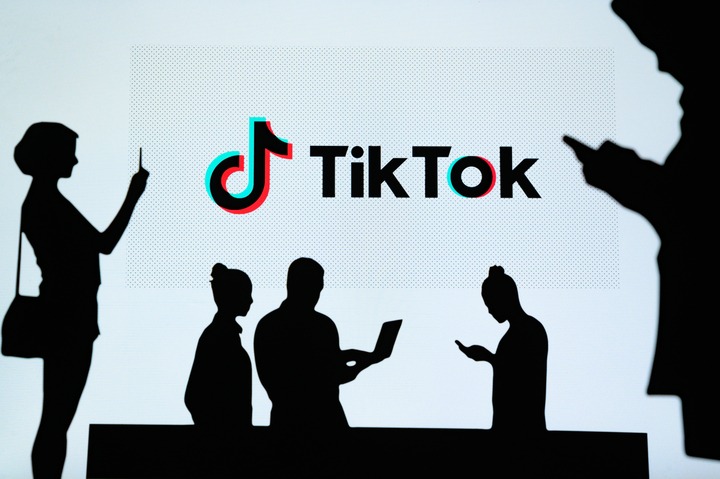Okay, so have you ever considered the importance of the big bang? No, not the Big Bang of Creation, the big bang in voice over.
Let us explain.

Anyone can read a voice over script, right? So it follows by implication that anyone can do voice over?
Nope.
Not even remotely.
Voice over is like acting. In fact, it is acting. That’s why we refer to Voice123‘s roster of professional talent as voice actors. But they’re also much more than that. They’re storytellers who have to sound so honest that they suspend a target audience’s disbelief. They need to convince that audience to react in some way. Ultimately, the audience must be sufficiently motivated to do something.
There’s a lot that goes into a voiceover, including pronunciation, diction, pacing, tempo, tone, color… the list goes on.
While the sound of someone’s voice – the voice type – is a factor, it’s not the key factor at all. The world no longer needs to be talked at in mezmerizing announcery tones; folks want to be conversed with naturally. They want to be engaged by someone they instantly like.
You can imagine a person untrained in the profession attempting voice over without understanding or attending to key aspects of storytelling. Maybe try think of your mathematics teacher in high school – remember that droning monotone? Actually, we’ve already discussed how a cheap voiceover can be a budgetary bummer.
That said, even a voiceover executed perfectly in the areas mentioned above might be lacking something. Something subtle but significant enough to make or break your voiceover.
So what could it be?
Is the suspense killing you?
Pretend for a second.
Exactly. It’s honest emotion that not only carries a voice over, but gives it clout. The big bang in voice over.
The secret ingredient

We frequently talk a lot about what makes a voiceover good: all the technical stuff about voiceovers, and all the stuff that speaks to structuring a voiceover well. Emotion on the other hand, is a bit harder to explain.
Not because emotions are hard to talk about, although they can be — especially in these trying times — but because there’s nothing we can use to pinpoint what emotion is. The closest we can get is describing how emotion feels.
Yup: we will have to feel this out.
Emotions can tug at our heart strings, can turn our stomachs, can physically tense our bodies; these are all things we feel. How is it that we can hear these things when someone uses their voice during these sensations?
The voice can stir up physical sensations. Just listen to Tom Hanks cry for Wilson. Spectacular! Even without video, you can sense, hear, and feel something through the sound of his voice. You can feel the big bang.
What do you think makes the difference between those lines making an impression on us, and not? After all, it could just be someone shouting loudly, and it could mean absolutely nothing.
You could scream the same lines, but would it have the same impact? If the answer is yes, then it’s nice that you’re reading this, Tom Hanks. Otherwise, you can see that the secret ingredient is emotion.
Feelings
The voice is a very curious thing, it’s created by air passing through two vocal folds in the larynx. As the air passes through, the folds produce vibration, and as the vibration hits and resonates with our eardrums, we interpret that as sound.
It is a physical touch! But in the Tom Hanks scenario discussed above, it’s clear that it’s the emotion affecting us.

What does that mean for voice over? It means we should always be looking for the underlying emotion when it comes to a read. If nothing else, emotion is priority.
If you think there isn’t an emotion for the read, there probably is a subtle emotion you can use to liven it up. Even a small bang can be a big bang in voice over.
Something like lethargy is an emotion. The same goes for boredom, or dispassion. But you can still feel and hear these emotions, like when a child reluctantly agrees to wash the dishes.
There’s definitely a subtle difference between a script read with introverted emotions like those, and a script read with absolutely no emotion. Think of early text-to-speech programs. We didn’t listen to Microsoft Sam to get an emotional kick.
In fact, you might rather have an imperfect — but passionate read — over a read that has perfect clarity, and little to no passion. That’s because there isn’t any meaning to the words when there isn’t any emotion.
Final thoughts
If you think voiceovers are complicated and they have a billion moving parts — too many to consider — then consider this: it’s all meant to effect and affect emotion.
The techniques, the technical jargon, the character analyses, they’re all meant to help a voiceover artist understand the emotion of the character and the script read.
If the honest emotion is there, you’ve got the Big Bang in voice over!



































































































